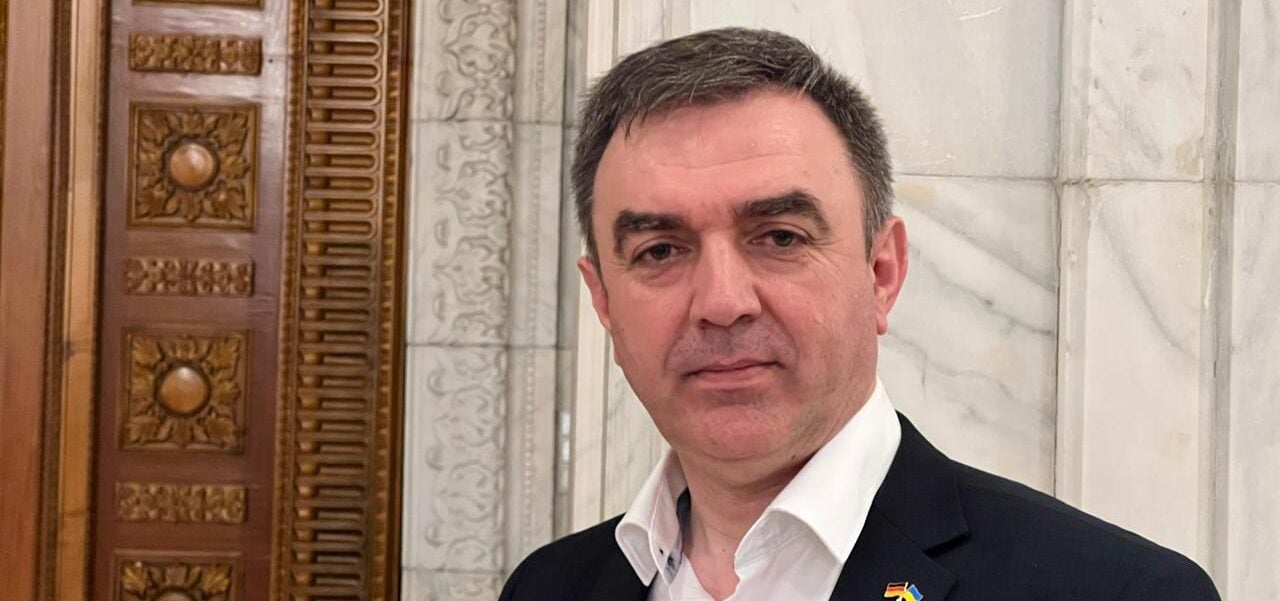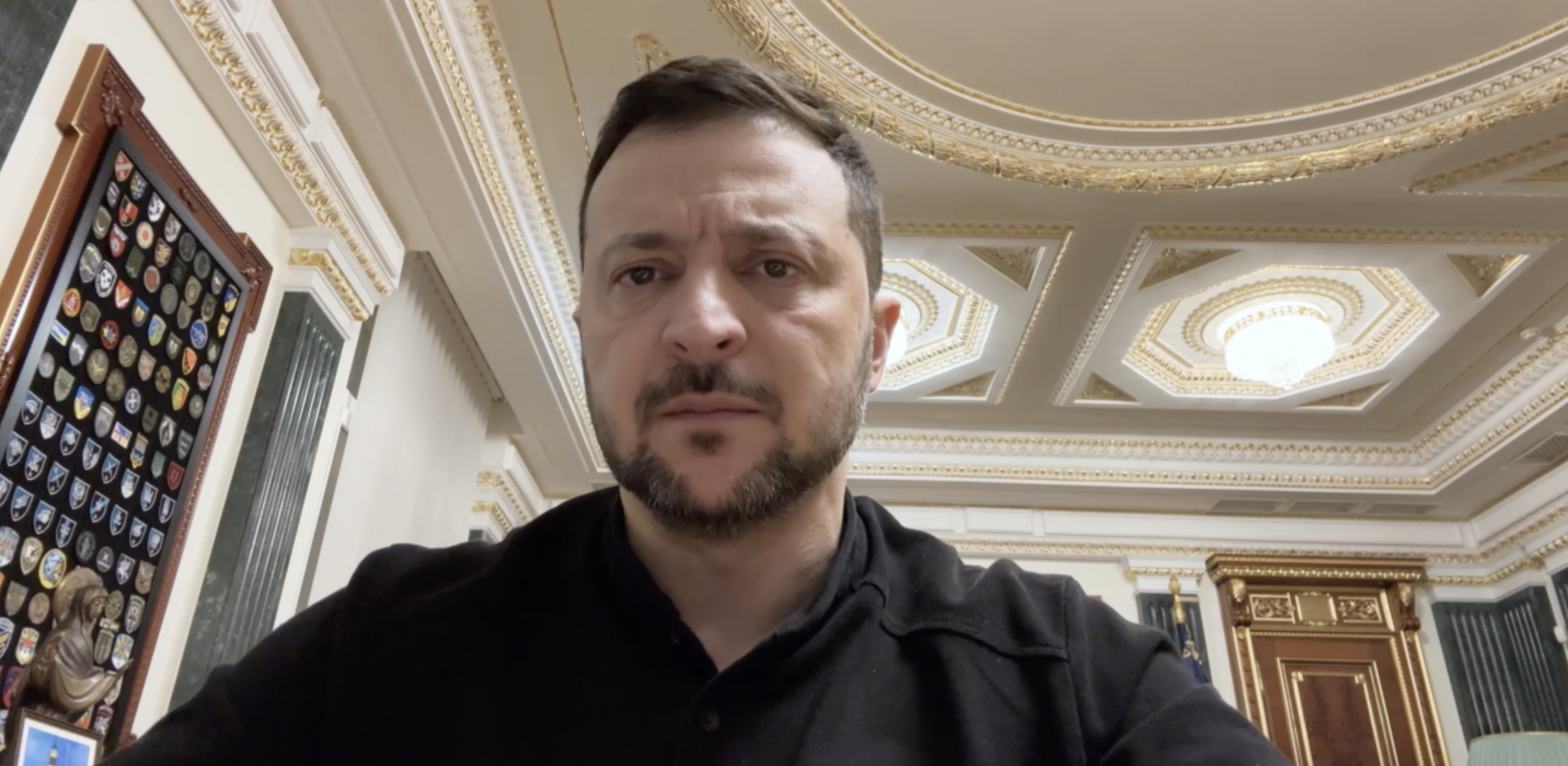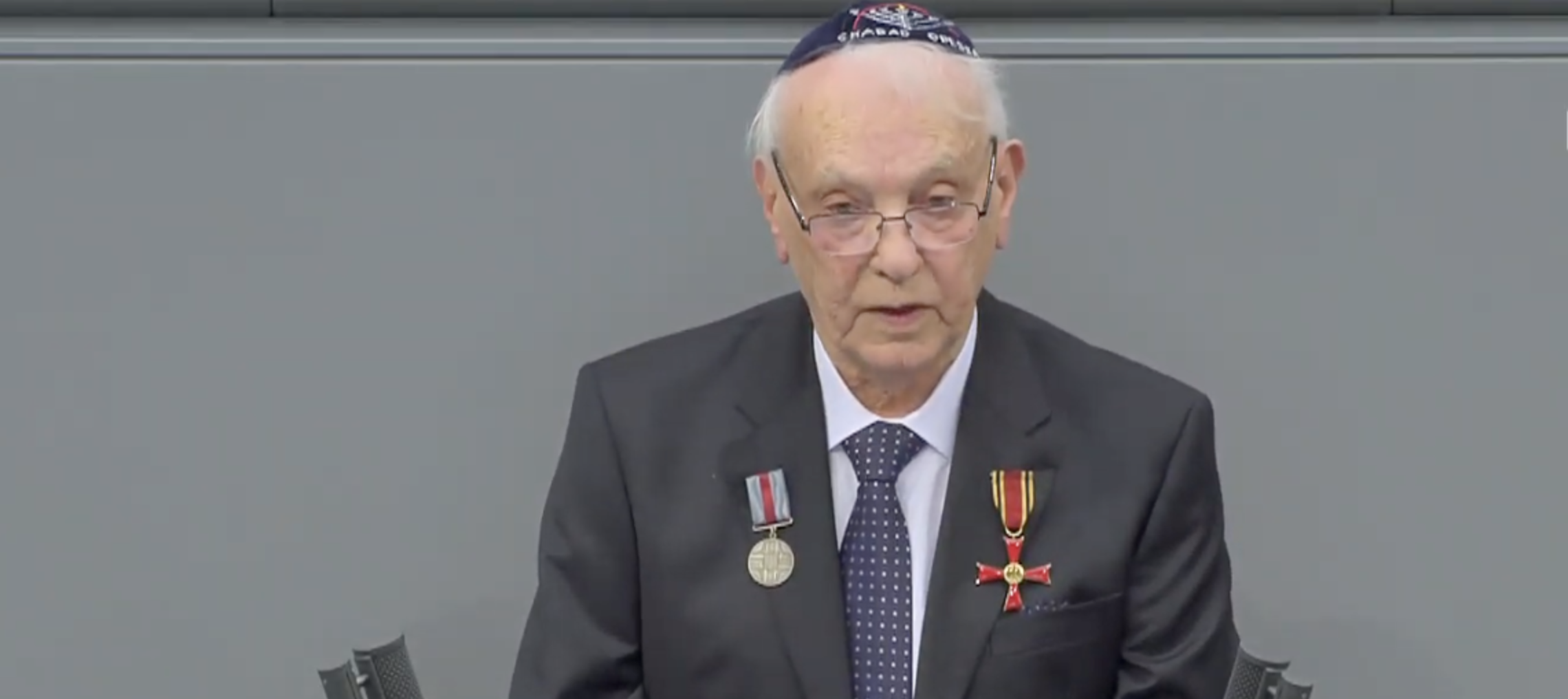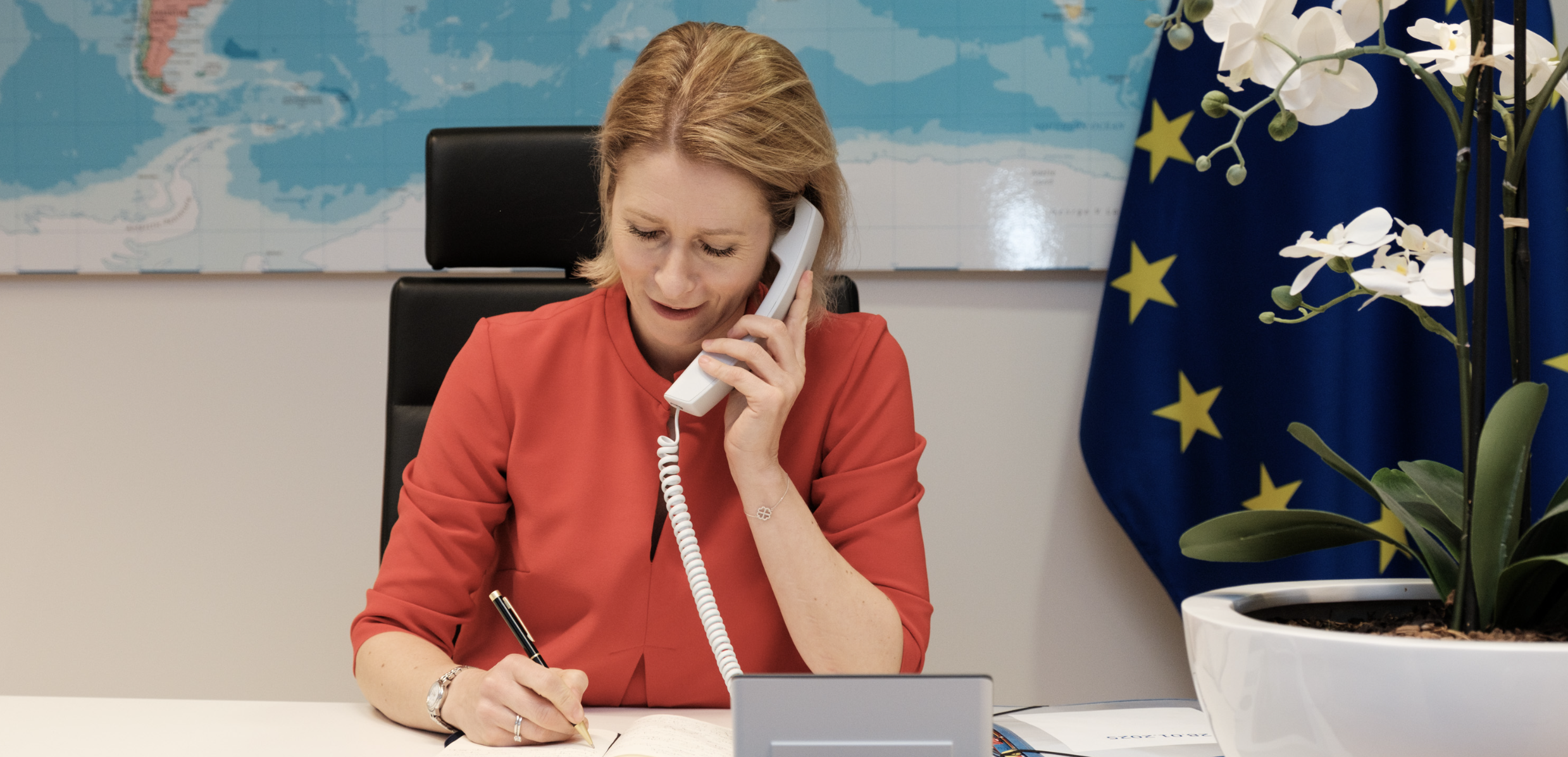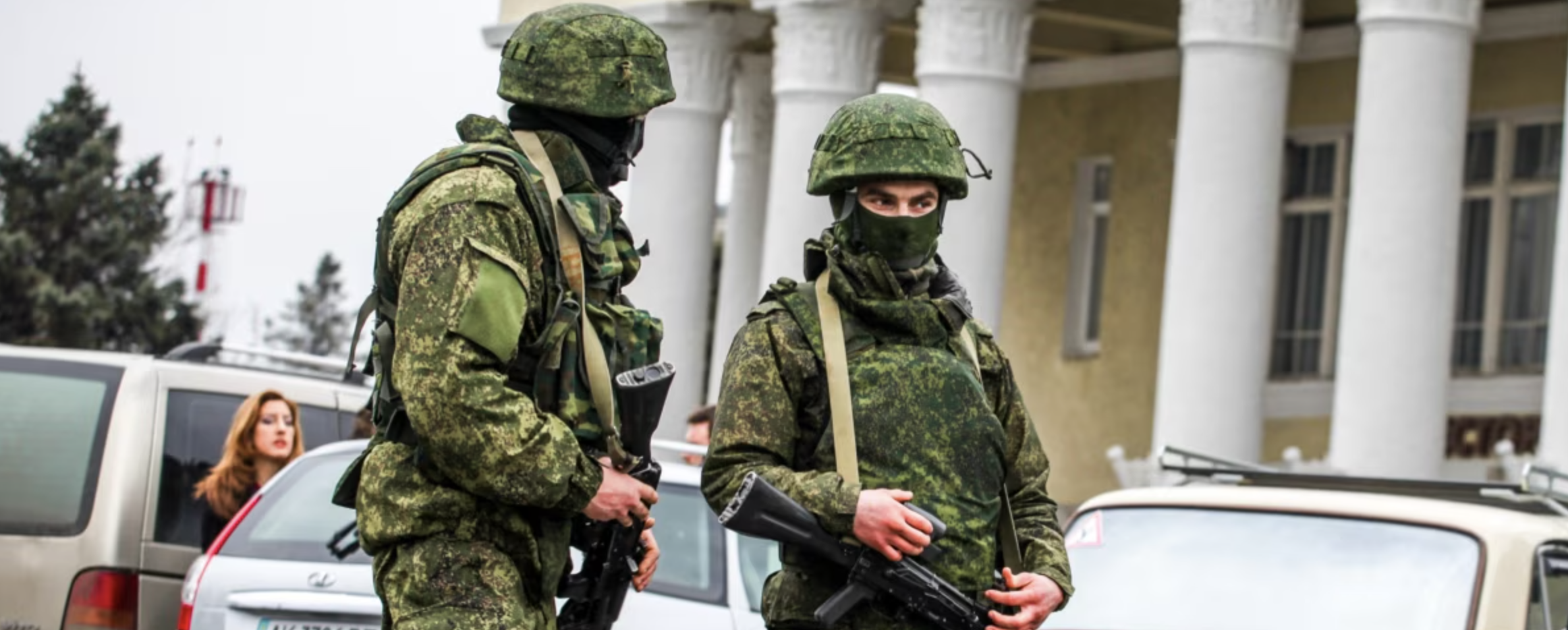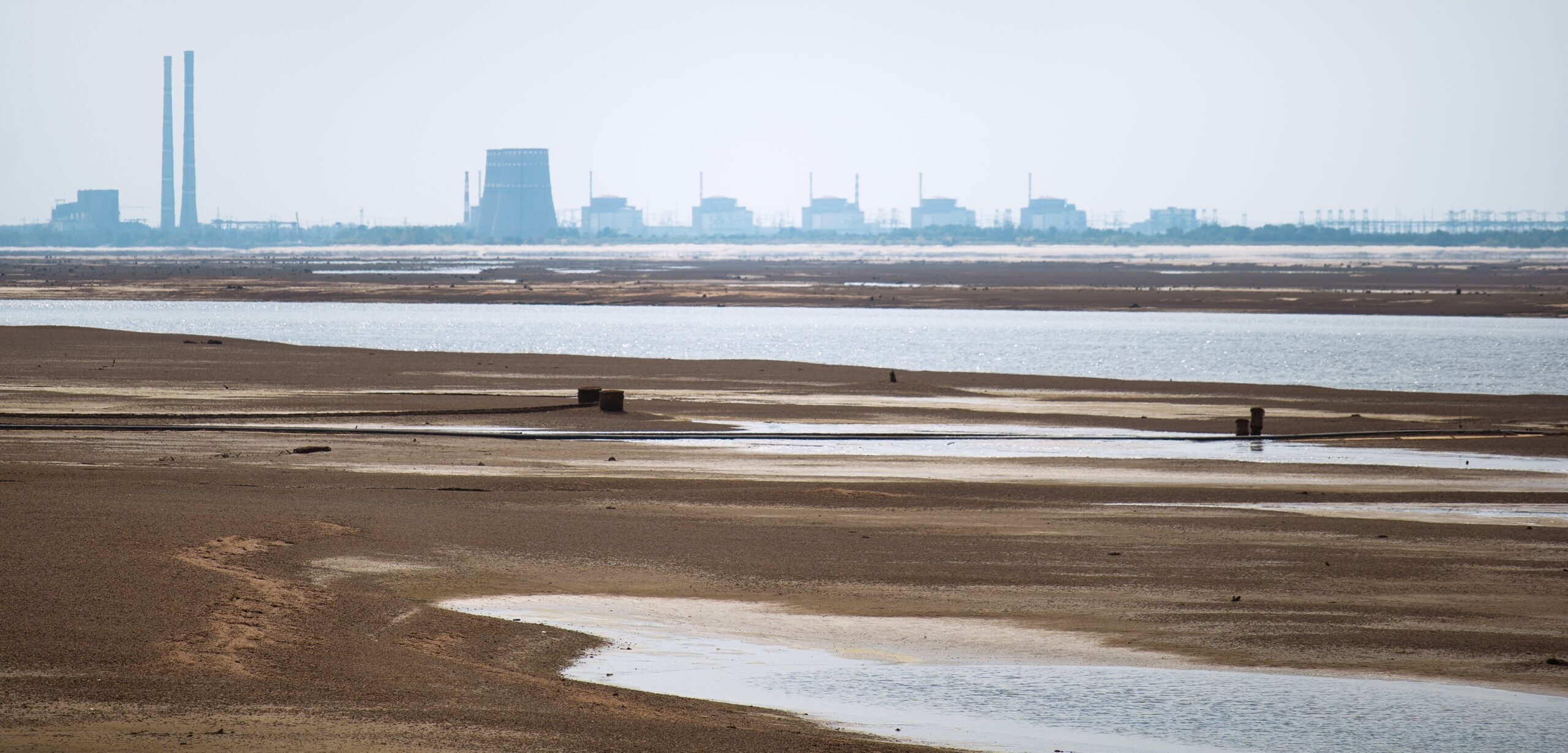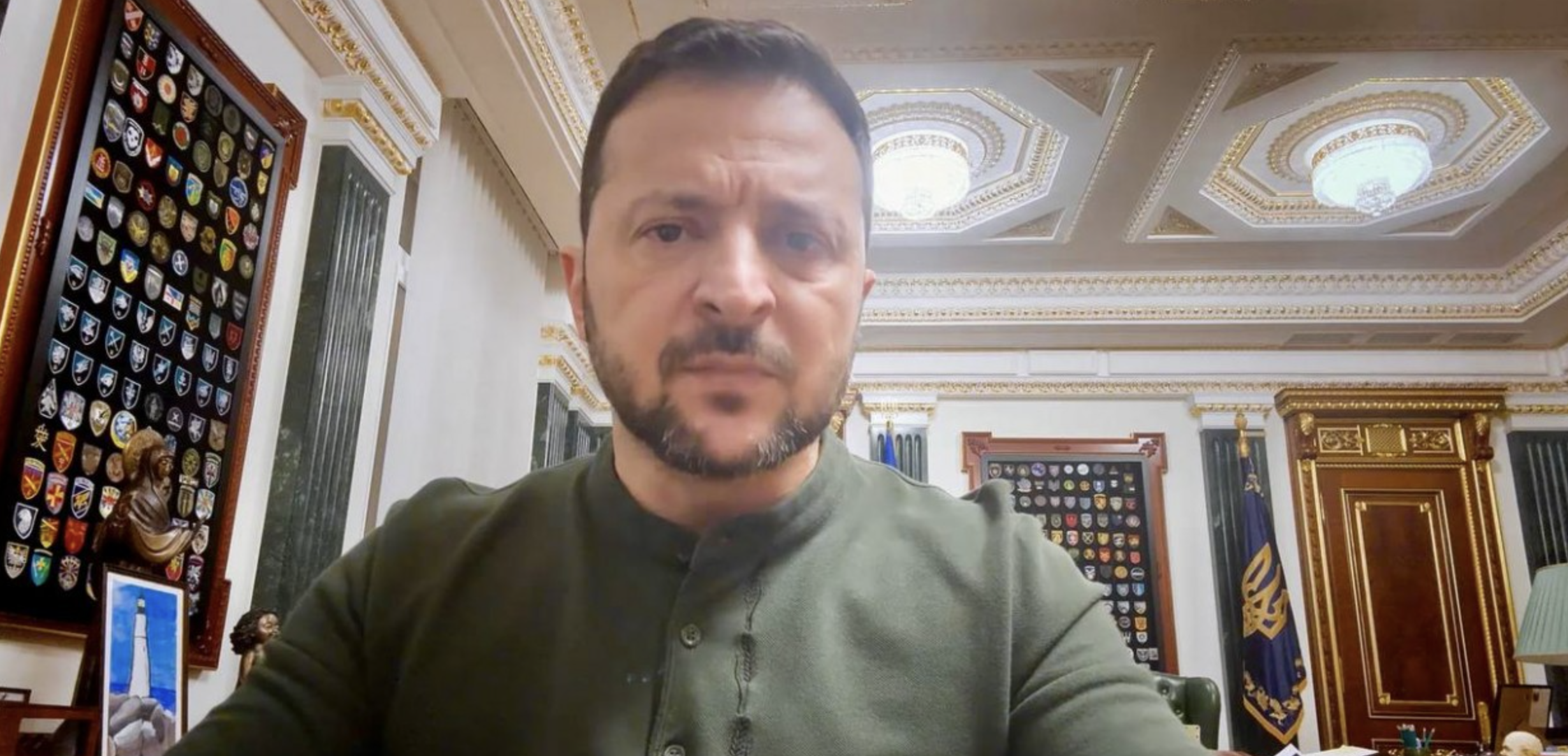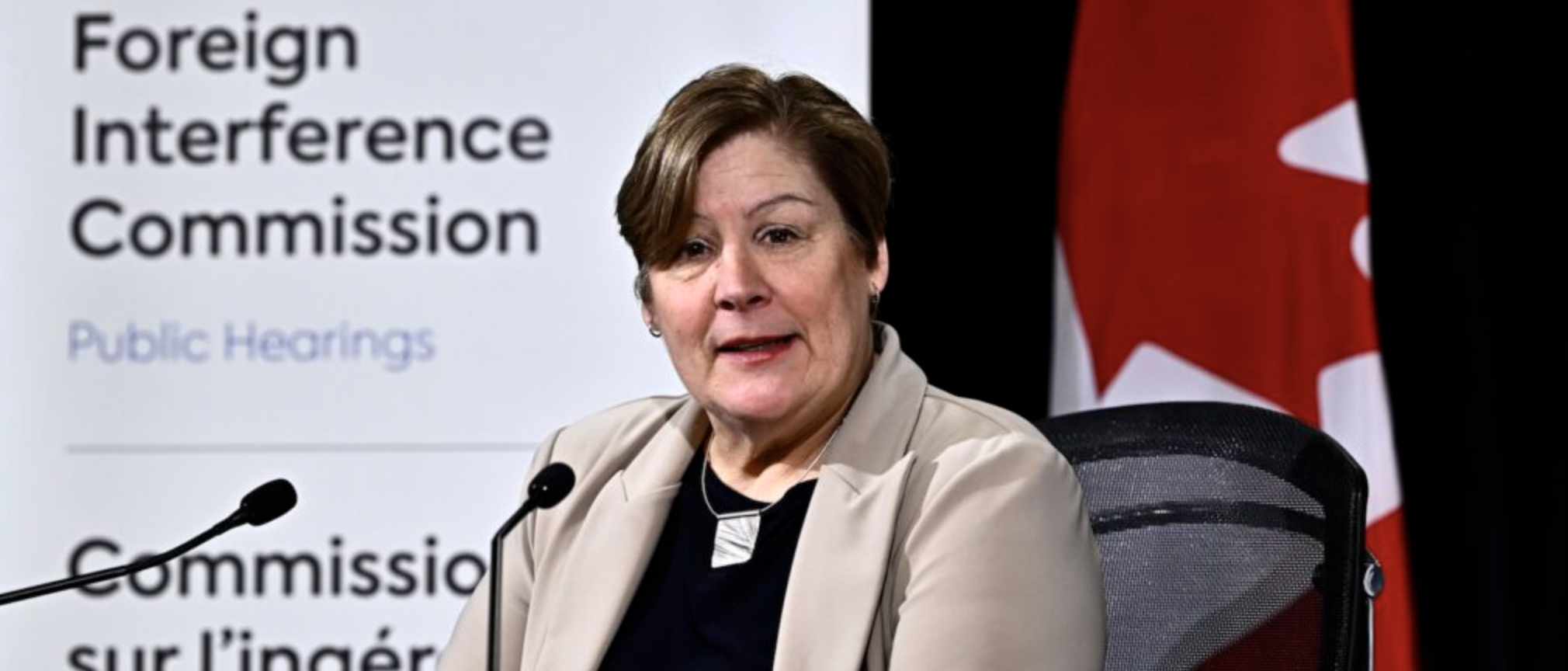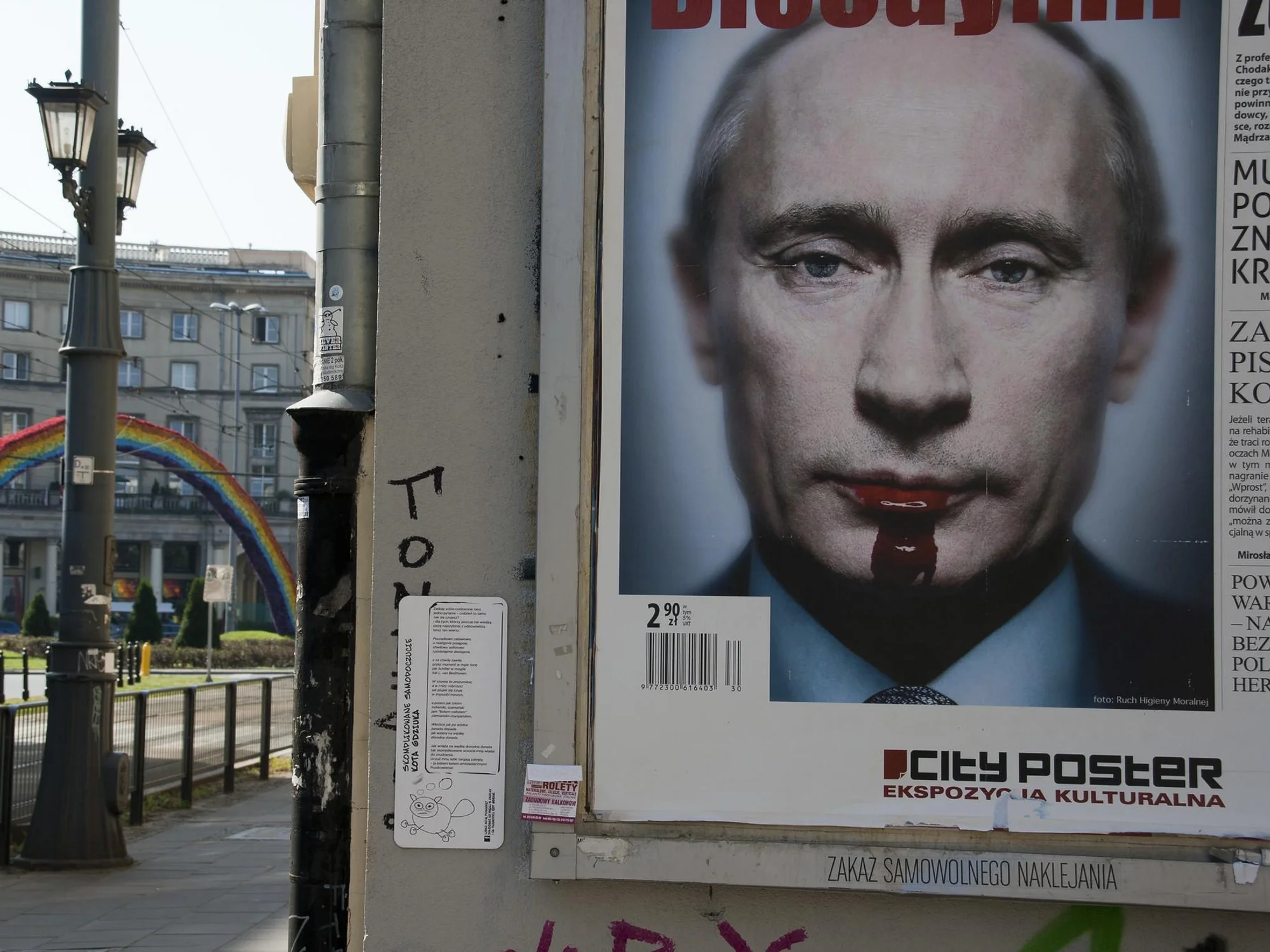
Russia purposefully spreads Kremlin narratives in European countries to undermine their desire to support Ukraine. Researchers of the Romanian New Strategy Center came to this conclusion. Specialists analyzed half a hundred open sources in five European countries – Austria, Germany, Romania, Slovakia, and France. The data collected covers the period from February 2022 to July 2023.
Russia has formed three main narratives that it exports to Western audiences. “Russia is a global power that has a right to have its own sphere of influence, and Ukraine belongs there,” “Ukraine as part of the West poses an existential threat to Russia,” and “the West is using NATO to encircle Russia” are among them.
“Overall, it is clear that populist parties in the selected states’ political scene are pushing tactical narratives that not only directly legitimize some of Moscow’s strategic narratives (while sharing similarities with other tactical ones), but also seek to instill a general sense of “war fatigue” among these states. Specifically, Russia exploits these narratives, among other subversive techniques, to speculate on the flaws of EU liberal democracies in the context of approaching national legislative and European Parliament elections in order to undercut their willingness to support Ukraine,” the study’s results show.
In Germany, which has been increasing the supply of cheap Russian gas for years, the narrative about the easing of sanctions pressure on Moscow is actively spreading. The gas topic for the Germans in this context has become the most speculative, researchers say.
In particular, politicians from the Alternative für Deutschland party stated that Ukraine should not demand the German government to give up Russian gas because it buys gas from Russia. It is about the gas supply from Slovakia, which used to buy blue Russian fuel.
The “peace at any price” narrative is also popular in both Germany and France. It is accompanied by calls to refuse the supply of aid to Ukraine. These messages call for “peace instead of war” and “diplomacy instead of military support for Ukraine.”
The Kremlin is spreading the idea among German politicians that Ukraine cannot be part of the West because of corruption.
In France, Russia is spreading the narrative that Paris should take a non-aligned position in the war between Russia and Ukraine in order to fight alleged US and NATO imperialism in Europe.
“In conclusion, Russia exerts its malign influence in the context of the 2023 national legislative elections in Slovakia, the 2024 national legislative elections in Romania and Austria and European Parliament elections in all EU member states, and ending with the 2025 German federal elections,” the study’s results show.
Cover: Alberto Cabella/Flickr
